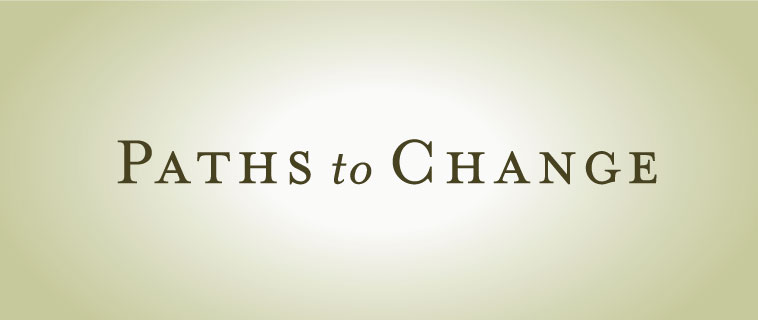The beginning of the 21st century marked the third decade of a devastating global epidemic: HIV/AIDS. Progress in the prevention and treatment of HIV/AIDS has been especially challenging given an overemphasis on bio-medical approaches to tackling the disease, and an under-appreciation of the complex social, cultural, and economic factors affecting the disease’s spread. As HIV/AIDS is essentially a social disease, slowing its spread is highly dependent upon fostering local and lasting social change.
With this in mind, Plexus Institute teamed with Princeton University to host a conference at Princeton examining promising complexity-science approaches to combating HIV/AIDS globally. In one analysis, Brazil’s complex-adaptive approaches to combating HIV/AIDS are linked with its infection rate declining in 15 years from one of the worst in the world, to 0.6% of the population; whereas South Africa’s conventional, centralized approaches are linked with its infection rate rising to 25% of its population over the same time period.
Plexus Institute invited Paths To Change to be the co-designer and lead facilitator of the conference, “HIV/AIDS Prevention and Care: Fostering Local and Lasting Social Change.”
Outcomes of this work:
- Conference participants made sense of their experiences – of what has worked and what has not worked – using the framework of complexity science;
- Developed principles, strategies, and methods informed by local experiences and complexity science to foster more local, lasting, and effective AIDS care and prevention initiatives;
- Participants built new relationships and networks, enabling new conversations to begin, and new actionable possibilities to be identified.
Client overview
Plexus Institute is quickly becoming the home of the largest gathering of complexity scientists and complexity-science practitioners interested in healthy organizations from the very small to the very large. It is one of the preeminent organizations in the world pushing the edge of knowledge about and practice of complexity-science organizational & community change.
The HIV/AIDS conference was designed for a wide range of participants, including officials from governmental and non-governmental agencies, healthcare providers, officers from foundations, scholars devoted to social change or AIDS care and prevention, HIV/AIDS and social change activists, public health policy makers and officers, executives from corporations concerned about AIDS, and community leaders.
Paths to Change approach
- Collaborated with key members of Plexus Institute and other stakeholders to design conference;
- Served as lead facilitator at conference, employing a variety of complexity-inspired processes to draw out the wisdom and diverse experiences of all participants, and to generate novel insights and promising ways forward. Processes included appreciative-inquiry-with-a-complexity-twist, open space technology, wicked questions, and others;
- Supported participants in learning from their own experiences with HIV/AIDS initiatives and programs.

